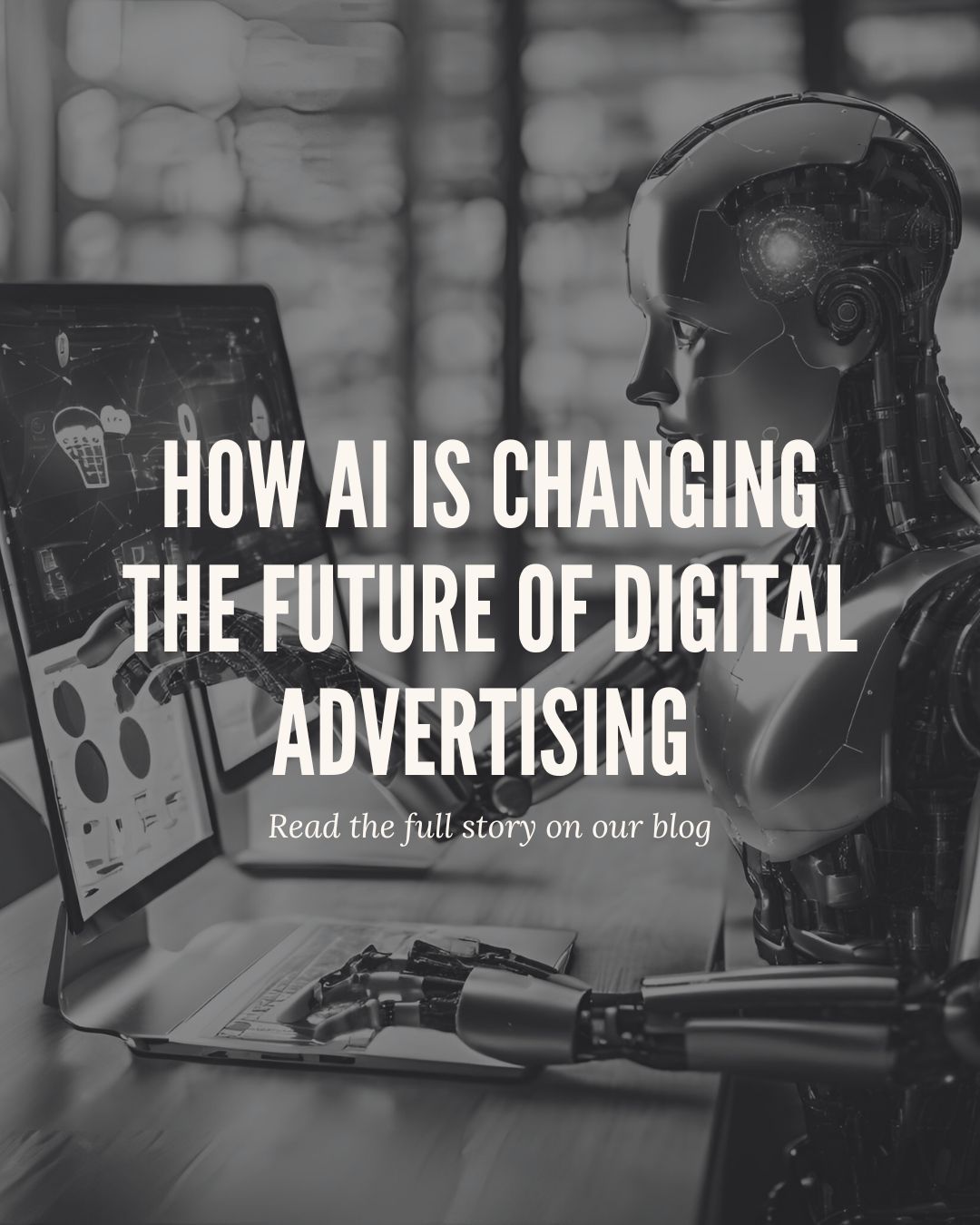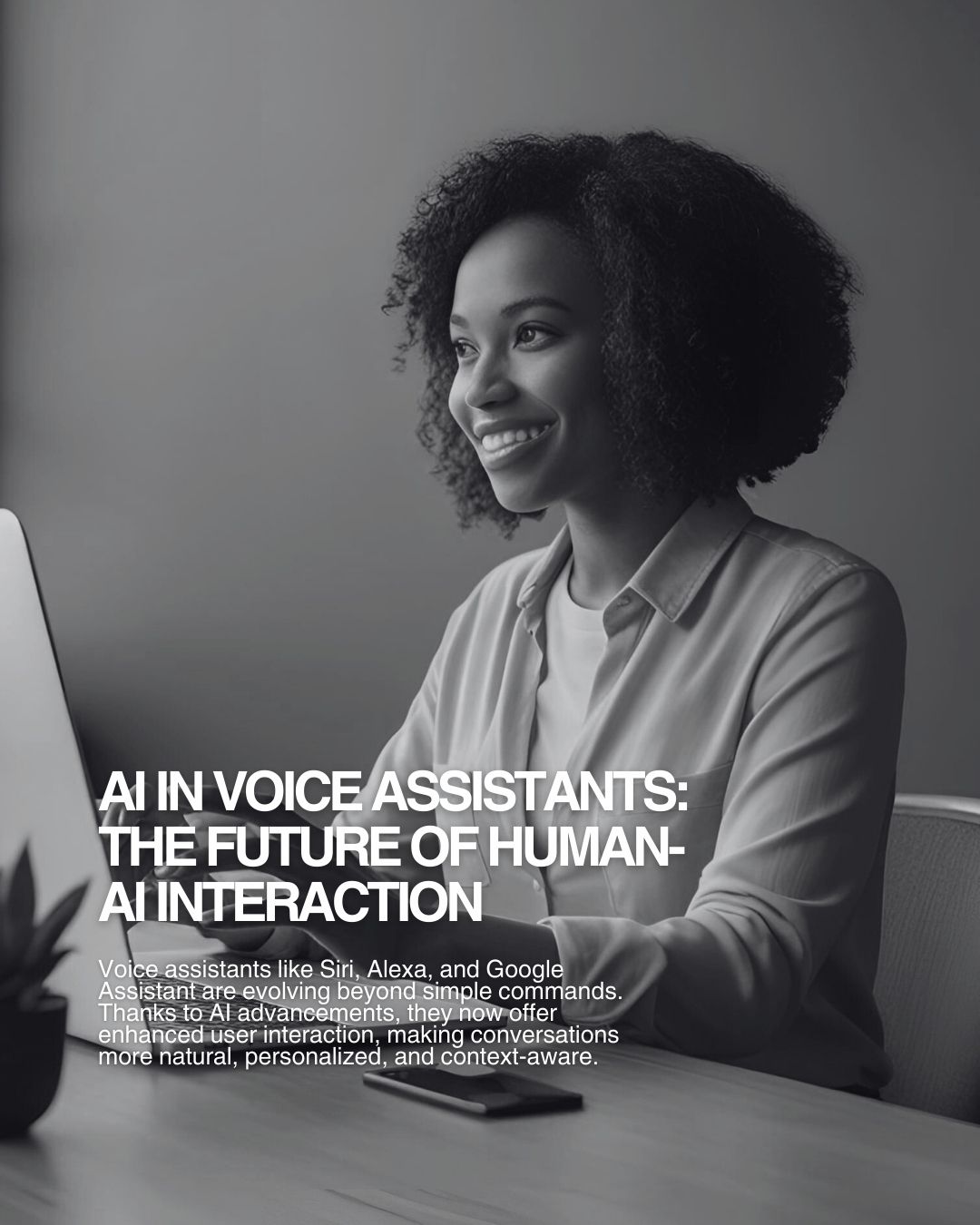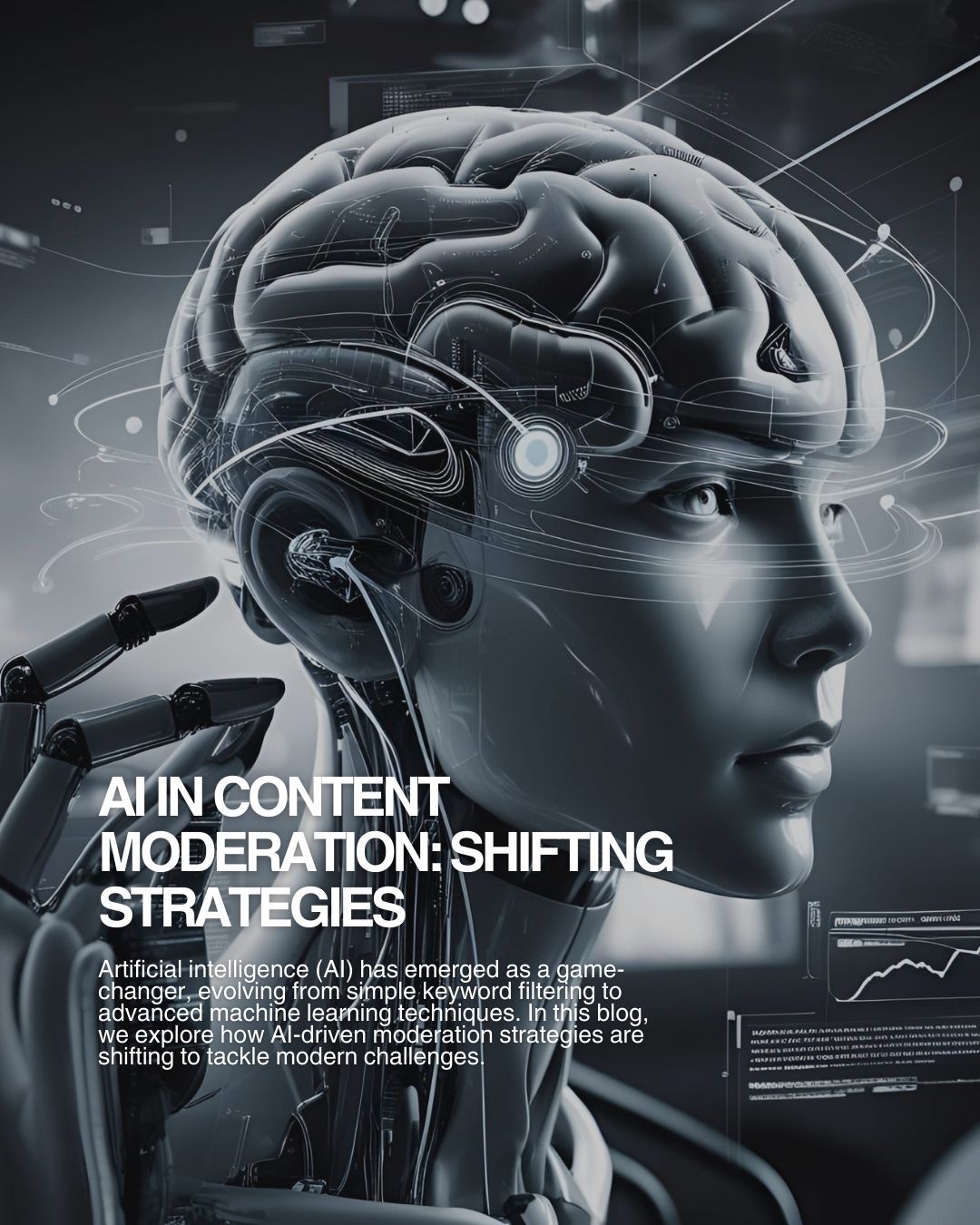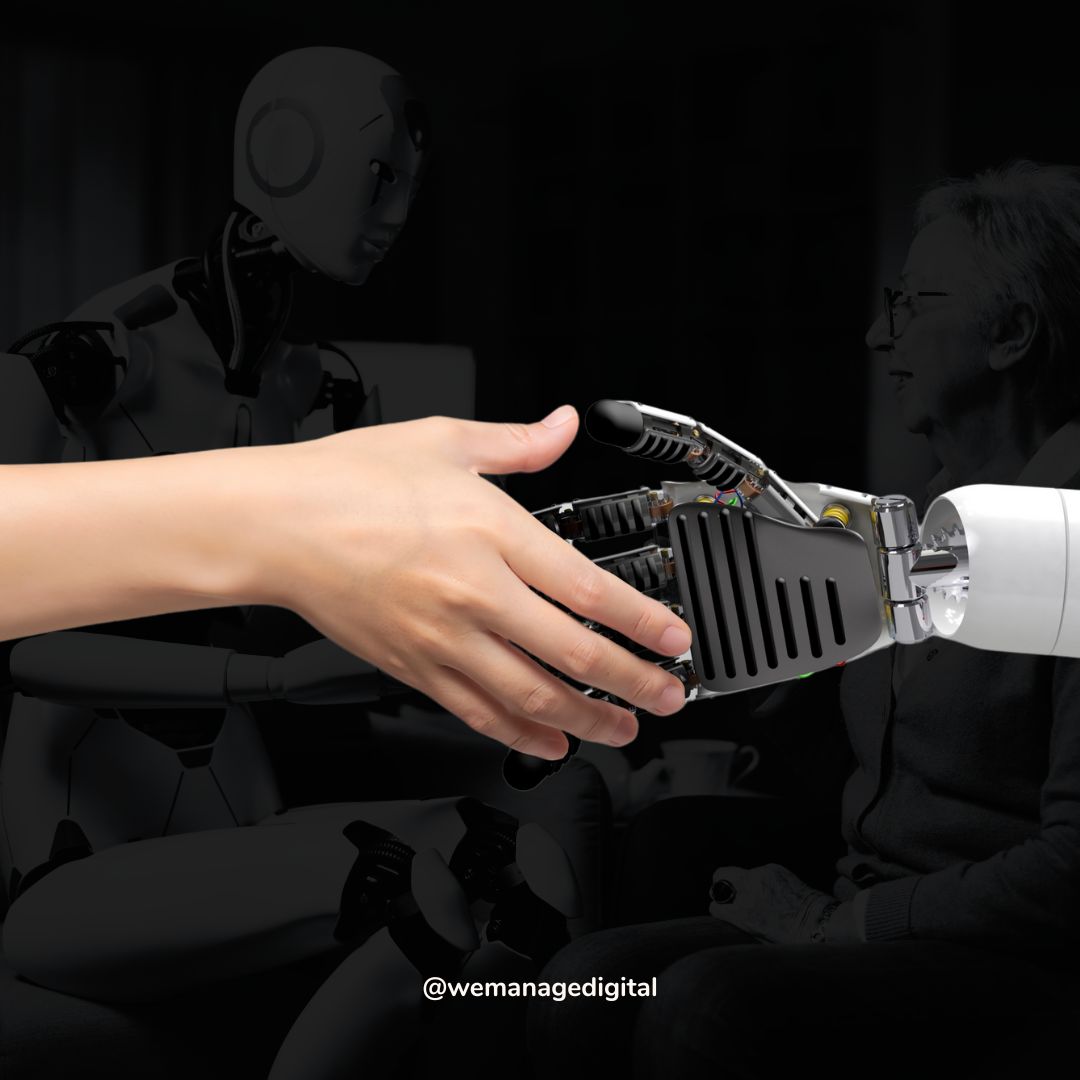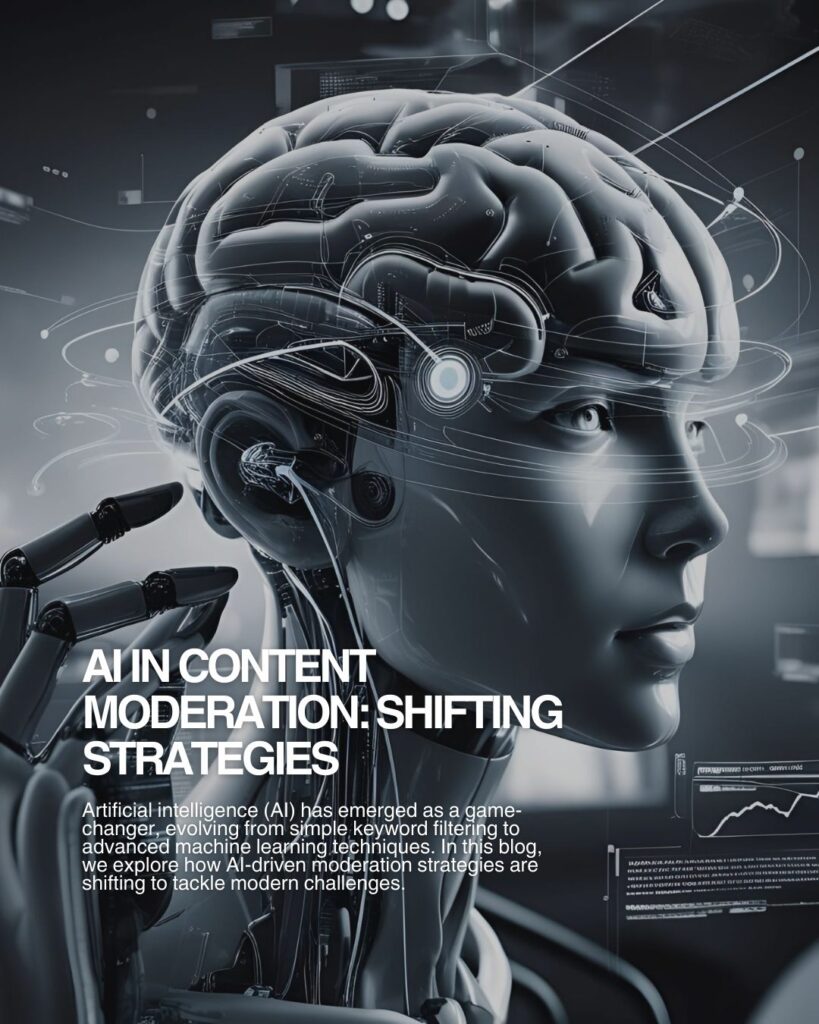
Introduction
In the digital age, content moderation has become a critical issue. With the rise of user-generated content on social media, forums, and online platforms, companies must find ways to ensure safe and respectful interactions. Artificial intelligence (AI) has emerged as a game-changer, evolving from simple keyword filtering to advanced machine learning techniques. In this blog, we explore how AI-driven moderation strategies are shifting to tackle modern challenges.
The Evolution of AI in Content Moderation
1. Early Methods: Rule-Based Filtering
In the early days, content moderation relied on basic keyword filters and human moderators. AI was used to detect specific words or phrases deemed inappropriate. However, these filters often lacked context, leading to over-moderation and false positives.
2. Machine Learning and NLP: Smarter Detection
With advancements in Natural Language Processing (NLP), AI can now understand the meaning and sentiment behind words. This helps in distinguishing between hate speech and neutral discussions. Platforms like Facebook and YouTube use deep learning models to identify harmful content with greater accuracy.
3. Context-Aware Moderation
Modern AI tools don’t just look at text; they analyze images, videos, and voice content. AI can detect:
- Violent or explicit imagery
- Misinformation
- Deepfakes
- Audio-based hate speech
For example, Google’s Perspective API helps assess the toxicity level of comments, ensuring a safer digital environment.
Challenges in AI Moderation
Despite its efficiency, AI still faces some hurdles:
🔹 Bias in AI Models: AI can sometimes misinterpret cultural differences or disproportionately target specific communities.
🔹 Evasion Techniques: Users continuously find ways to bypass moderation by using altered spellings, memes, or coded language.
🔹 Contextual Limitations: While AI is improving, it can still struggle to understand sarcasm, irony, or nuanced discussions.
Shifting Strategies in AI Moderation
To keep up with evolving content, platforms are implementing new AI strategies, such as:
1. Human-AI Collaboration
AI is now being used as an assistant rather than a replacement for human moderators. Companies like Reddit and TikTok use AI for initial screening, with human reviewers making the final decision.
📷 Suggested Image: A moderator reviewing AI-flagged content on a dashboard
2. Contextual AI & Multimodal Analysis
AI now cross-references text, images, and videos together instead of analyzing them separately. This helps detect subtle violations and reduces false positives.
3. Real-Time Moderation & Proactive Filtering
Instead of waiting for content to be flagged, AI is being trained to predict potential violations before they even go live. This is already being used in live-streaming platforms to detect harmful behavior in real-time.
The Future of AI in Content Moderation
Looking ahead, AI will continue to play a critical role in making online spaces safer. The future may see:
✅ Improved bias detection through diverse datasets
✅ Blockchain-based moderation for transparency
✅ Better detection of misinformation using fact-checking AI
As AI continues to evolve, ethical considerations will remain key. Striking the right balance between freedom of speech and platform safety will be the next big challenge.
Conclusion
AI-driven content moderation has come a long way, but it still has room for improvement. As platforms refine their strategies, combining AI with human oversight remains the best approach for ensuring accuracy and fairness. The future will depend on ethical AI, context-aware systems, and continuous learning models to create a safer digital landscape for all.
Check out our social media link: https://www.instagram.com/wemanagedigital/
Previous blog: https://wemanagedigital.com/%f0%9f%94%90-ai-in-cybersecurity-proactive-threat-detection-%f0%9f%9a%80/





